Pressure Calibration.
Guaranteed in 5 working days or less – simply better service
We’re open with all collection and drop off options operating as usual.
Guaranteed in 5 working days or less – simply better service

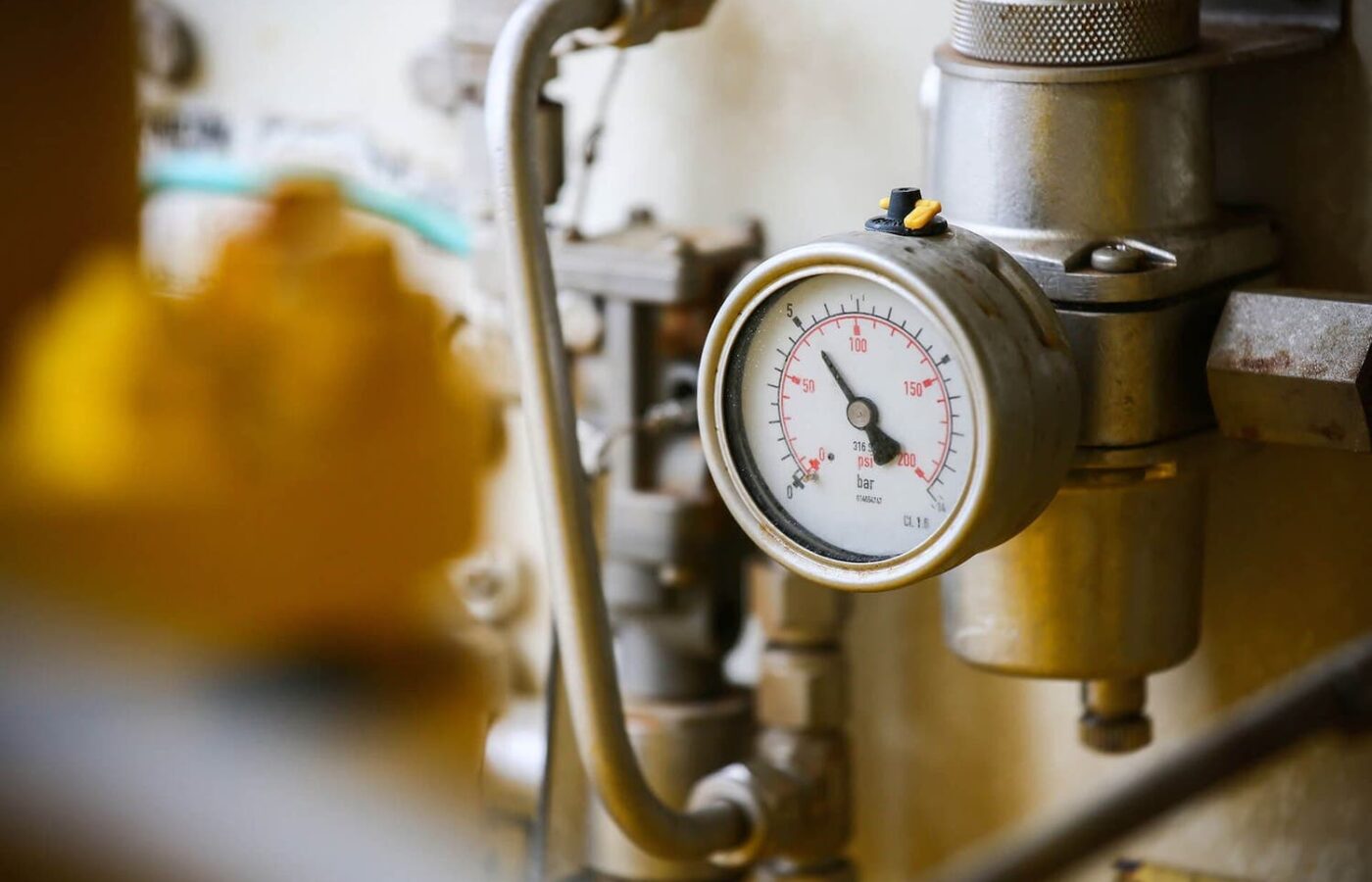
Keeping your pressure gauges, indicators and sensors calibrated and providing accurate readings.
We calibrate many brands of pressure gauges and measuring devices, keeping your pressure equipment reliable and accurate.
Benefits of having your pressure equipment calibrated at our laboratory:
International standard calibrations
Calibrations performed to ISO 837-1:1998 and ISO 837-3:1998 standards
True 5 day service
Our 5 day lead time is inclusive of collection and return, minimising disruption to your business while maximising uptime
State-of-the-art
We’ve invested in the latest pneumatic and hydraulic pressure testing equipment to meet the latest regulations
Send more, save more
We’re able to offer significant discounts on bulk calibrations of 10 items or more
Ideal for when your items can’t leave site or too bulky to send to us
The following items can be calibrated at your premises by our mobile calibration lab.
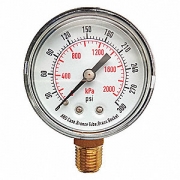
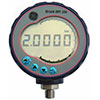
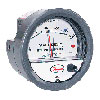
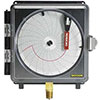

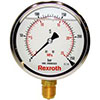
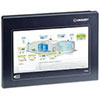
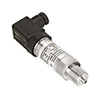
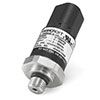
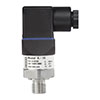
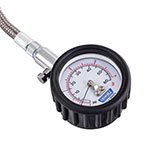
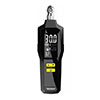
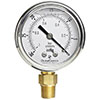

Benefits of having your equipment calibrated at your premises:
Minimal downtime
Our team of mobile technicians is like having your own on-site calibration facility. Assets can be calibrated and back in use quickly.
Same day calibrations
With our fully kitted out mobile team of technicians, we calibrate assets quickly, just metres from where they’re used
Quantity discounts available when booking in 10 or more electrical items for calibration.
If you don’t require a 5 day turnaround for your electrical items, you can qualify for further discounts depending on how long you can wait for your items to be calibrated.
Minimise disruption and maximise uptime.
We’re proud to offer a true 5 day turn around on all our pressure calibrations:
But that’s not all the value you’ll get from using Calibration Select!
We offer calibrations on a range of pressure gauges and measuring devices including manometers, transducers, sensors and transmitters.
Our laboratory team calibrate equipment using the latest pneumatic and hydraulic pressure testing equipment, at our Calibration Laboratory in Birmingham.
Pneumatic testing is carried out where required up to a maximum of 2,900psi (200 bar) with all tests over that range taking place using hydraulic testing equipment. Electrical readings are taken using highly accurate electrical measuring equipment.
The calibration of pressure equipment is carried out to EN-837-1:2002 and EN-837-3:2002 standards.
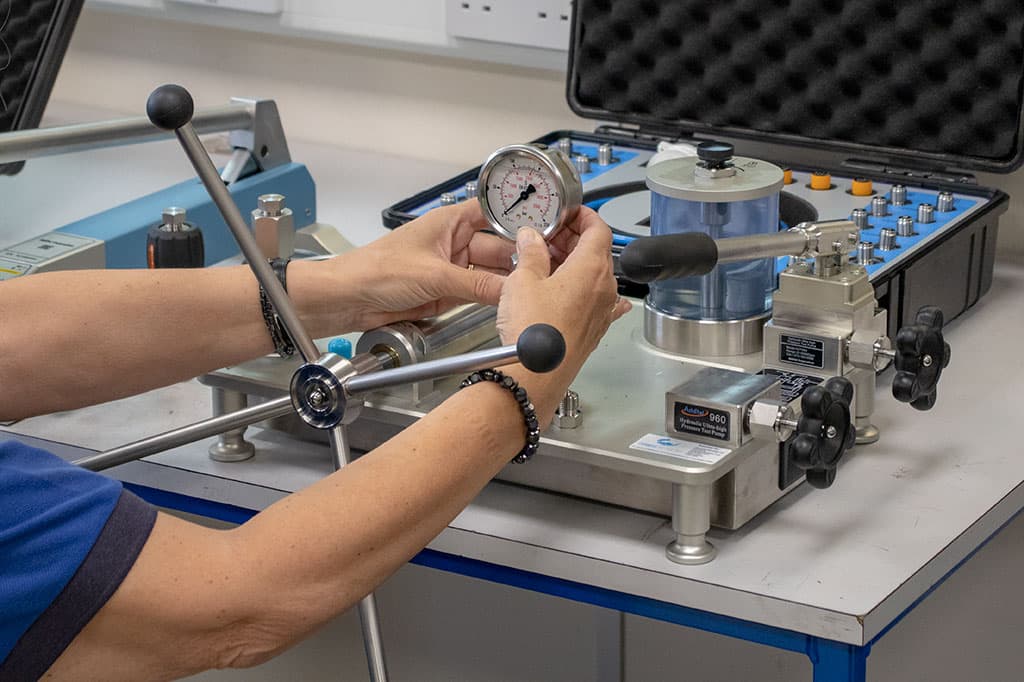
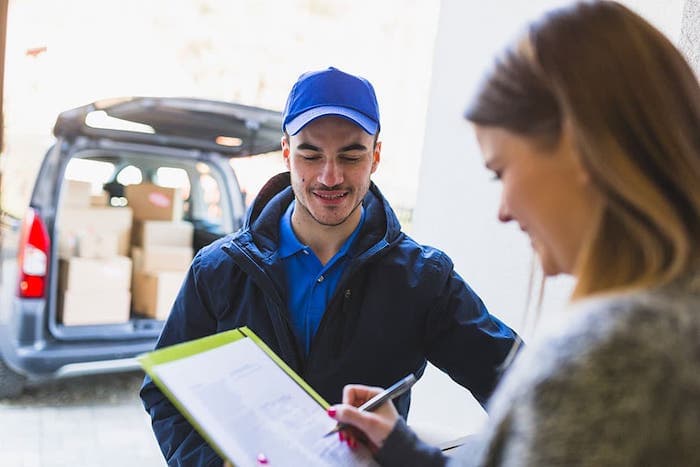
For hassle-free calibrations, we recommend you use our collect and return service for 8 or more items, carried out by one of our local technicians.
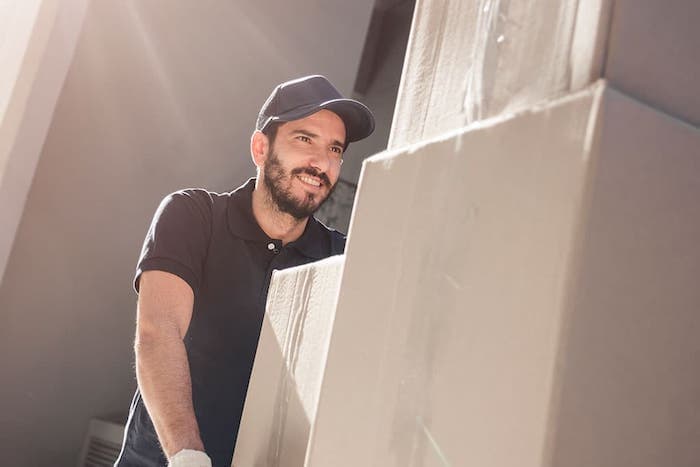
Make a saving per item by sending your equipment to our Calibration Laboratory via your own preferred delivery method and we’ll return the items by courier.
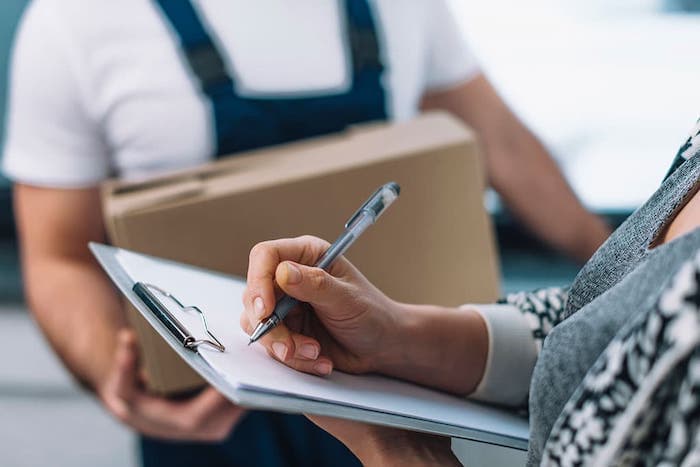
Drop-off and collect your equipment in person at our Calibration Laboratory in Birmingham. Optional same-day fast track turnaround available**, subject to availability.
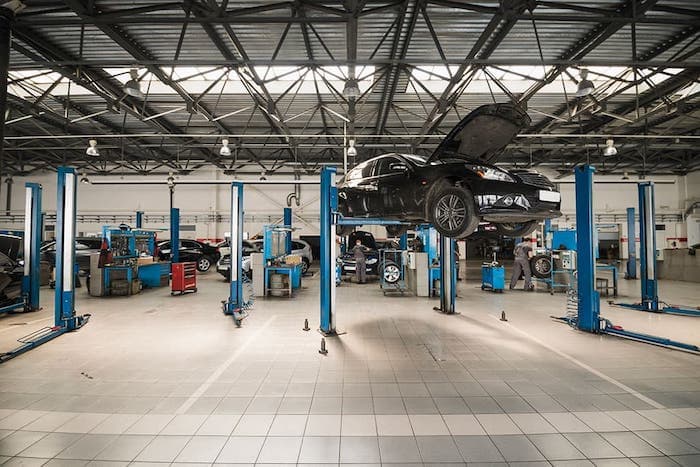
Our mobile team of technicians can be booked to visit your premises and calibrate your torque, temperature, pressure and electrical instruments.
*Minimum of 8 items per box. **For fast tracked calibrations, drop-off and collect your equipment in person from our Calibration Laboratory in Birmingham, to receive a same-day turnaround.
With such frequent use and the assumed simplicity of the equipment, pressure gauges are often overlooked when it comes to maintenance.
To ensure they remain accurate, pressure gauges need to be calibrated at regular intervals, as using inaccurate equipment could lead to safety issues, production downtime or faulty products.
It is strongly advisable to calibrate pressure gauges once every 12 months. If left any longer, there is a possibility the equipment will drift out of specification, which would make the history of the instrument difficult to prove and may cause major production / process issues.
The answers to questions we get asked most frequently.
It is strongly advisable to calibrate pressure gauges once every 12 months. If left any longer, there is a possibility the equipment will drift out of specification, which would make the history of the instrument difficult to prove and may cause major production/ process issues.
For example, if an instrument was to drift out of calibration and it was last calibrated 24 months ago then all items processed using the data taken from the suspect pressure gauge will also be suspect and possibly need to be recalled. Whereas if the instrument was calibrated 12 months ago fewer suspect items may need to be recalled. Furthermore, the more calibrations performed on the instrument, the better the history the instrument will have giving greater uncertainty of measurements.
Calibration is also required when an instrument has been subjected to an unexpected shock or vibration that may have put it out of its specified limits. Between calibrations, if the pressure gauge has changed appearance, or if the dial or pointer has become cracked, blistered or has changed colour it may need to be sent out for an additional calibration.
Pressure gauge calibration can be performed through a variety of methods, including using a pneumatic/ hydraulic test pump (with an appropriately ranged and highly accurate reference gauge) or a pressure deadweight tester. Whichever option you choose should be carried out by experienced professionals using high quality, certified calibration equipment.
Using a suitable pressure media (gas or liquid), a test pump applies simultaneous pressure through the input ports found on either side of the pump, to the pressure gauge being tested as well as to a digital reference gauge. The readings on both are then compared to identify any discrepancies, this process is called calibration through comparison.
While a pressure deadweight tester (also known as a pressure balance) compares the pressure gauge being tested against a set of weights, taking into account a number of factors including gravity, buoyancy and revolutions per second – this type of calibration is often performed on pressure gauges where higher accuracy is needed.
After the test has taken place a calibration certificate must be provided with a record of the calibration results, including the calibration intervals and error limits, which should be kept to understand the instrument’s condition. No matter which calibration method is used, if any of the discrepancies are greater than the tolerance that has been defined, the pressure gauge will require an adjustment and re-calibration or to be taken out of service.
Pressure gauges are commonly used within a variety of industries and sectors. From processes as straightforward as inflating car tyres, all the way through to the complexities of manufacturing aerospace parts. However, with such frequent use and the assumed simplicity of the equipment, pressure gauges are often overlooked when it comes to maintenance.
To ensure they remain accurate, pressure gauges need to be calibrated at regular intervals, as using inaccurate equipment could lead to safety issues, production downtime or faulty products.
If your electrical tester or instrument cannot be calibrated or is uneconomical to repair, we will contact you straight away and offer a branded like-for-like replacement. We will supply the replacement calibrated to your original order requirements.
To ensure they remain accurate, pressure gauges need to be calibrated at regular intervals, as using inaccurate equipment could lead to safety issues, production downtime or faulty products.
We can calibrate much more than the items we’ve listed above, including pressure, temperature, torque, weight and mass equipment, so please drop us a message with your requirements and we’ll provide you with a quick, no-obligation quote.